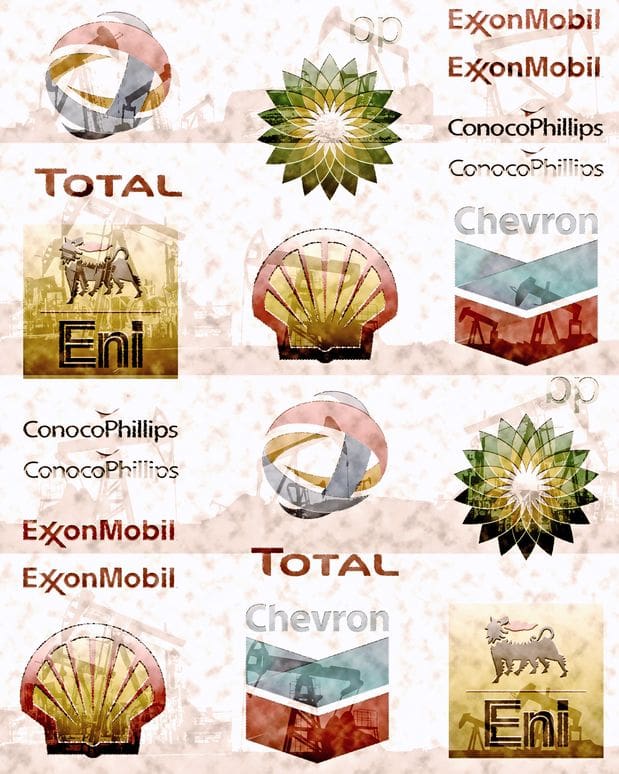Yes, it is true that the Biden administration will propose soon a tax increase on energy usage in the form of a carbon tax, and yes it is true that the integrated petroleum companies have agreed to support a carbon tax.
A week or so ago representatives of ExxonMobil, Chevron, BP, Shell and ConocoPhillips – along with the American Petroleum Institute (API) – met with Gina McCarthy, the environmental climate adviser to President Biden, and voiced their support of a plan to reduce carbon emissions.
Obviously, a carbon tax will increase the cost of energy to consumers, and increase the cost to energy producing companies. During the last session of Congress, three bills were introduced implementing a carbon tax. All three bills would tax carbon dioxide emissions, but at different levels with different annual tax increases. Each bill attempted to ease the pain to consumers by refunding tax revenue to low and middle class tax payers or pay for a payroll tax cut.
API issued a lengthy publication pointing out it believes legislation implementing a carbon tax should price carbon across all economic sectors while avoiding regulatory duplication, encourage carbon capture and storage, provide funds for research and development, and support low-carbon fuels including natural gas.
“API will engage policymakers so that the design of a potential approach would price carbon at the outset for all relevant GHG (greenhouse gas) emissions across the economy, from all relevant sectors and all emitters, accounting accurately for the benefits, costs and amounts of GHG emissions” API said. “Policies should support significant investments in innovation to develop technologies that lower the cost of GHG emissions abatement across the economy.”
“With respect to transportation fuels, a government policy-imposed carbon price should be disclosed at the point of retail sale,” API said.
The Texas Alliance of Energy Producers, which represents more than 2,000 smaller companies, questions the validity and motives of supporting a tax that will increase cost to American producers.
“The supposed need for the regulation of carbon stems from the economic concept of ‘externalities,’” said Alliance Executive Vice President Karr Ingham, who is a petroleum economist and author of the Texas Petro Index, in the March issue of the Alliance’s newsletter. “An externality is something that markets cannot account for in the typical pricing system framework. For example, the price of a particular good may reflect various market elements – supply and demand, cost of production, etc., but will not capture the cost of pollution created in its manufacture. Proponents of a carbon tax will claim it is necessary because the pricing of energy products does not take the externalities into account.
“However,” Ingham continued, “dumping a market system in favor of a centralized governmental system means that economic power, once diffused across the spectrum of the entire economy and all of its participants, is now concentrated in the hands of a few political elites whose motivations can scarcely be trusted. Therefore, the bar for substituting government management for market mechanisms should be extraordinarily high. For me, that bar has not been met.”
Alex Mills is the former President of the Texas Alliance of Energy Producers.
Alex Mills is the former President of the Texas Alliance of Energy Producers. The Alliance is the largest state oil and gas associations in the nation with more than 3,000 members in 305 cities and 28 states.





